News: School of Biological Sciences
Designing healthier cities with good bacteria

The urbanisation of towns could be contributing to poor health outcomes in our communities, research from the University of Adelaide and Flinders University has found.
[Read more about Designing healthier cities with good bacteria]
A glimpse into the past: What digging for DNA in cave dirt tells us about ancient Australia?
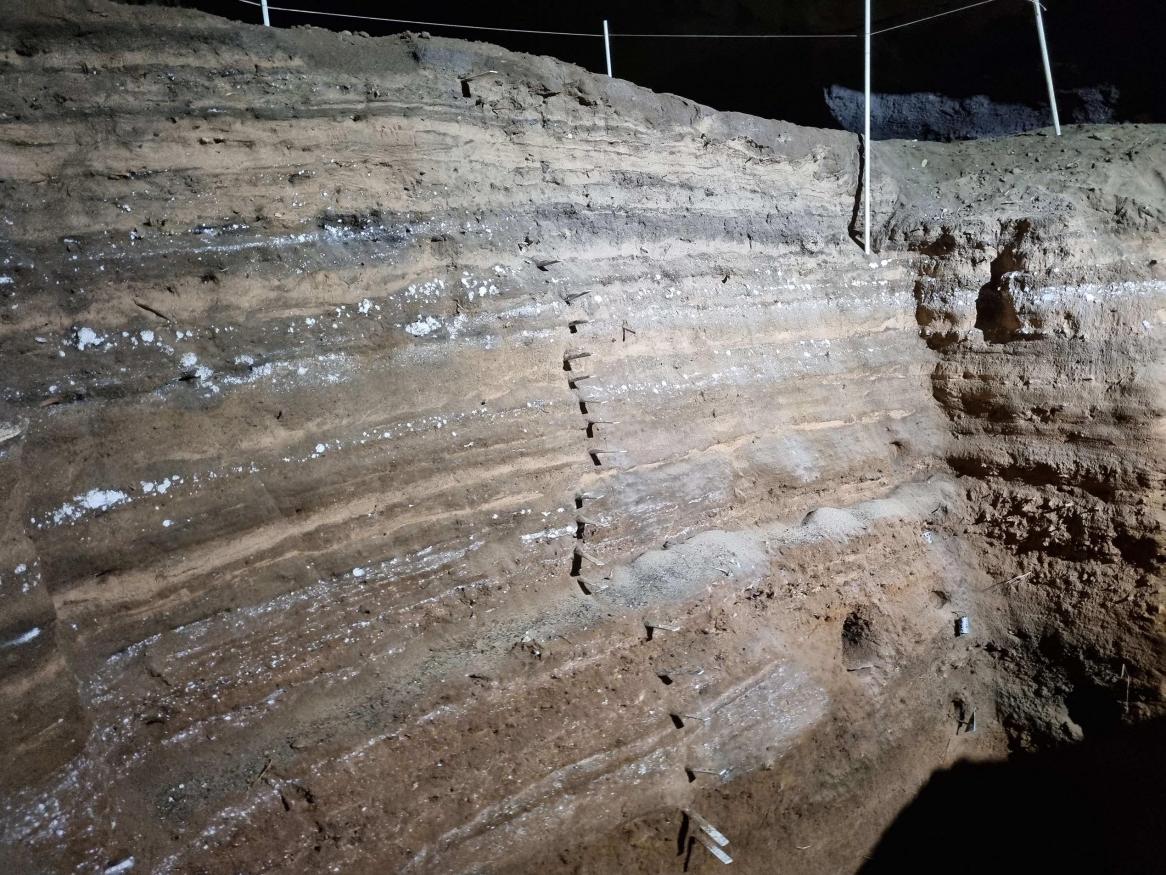
For most people the term “ancient DNA” might conjur up images of Jurassic Park, where DNA extracted from a mosquito preserved in amber was used to re-create long extinct dinosaurs.
2024 SA Environment Awards success
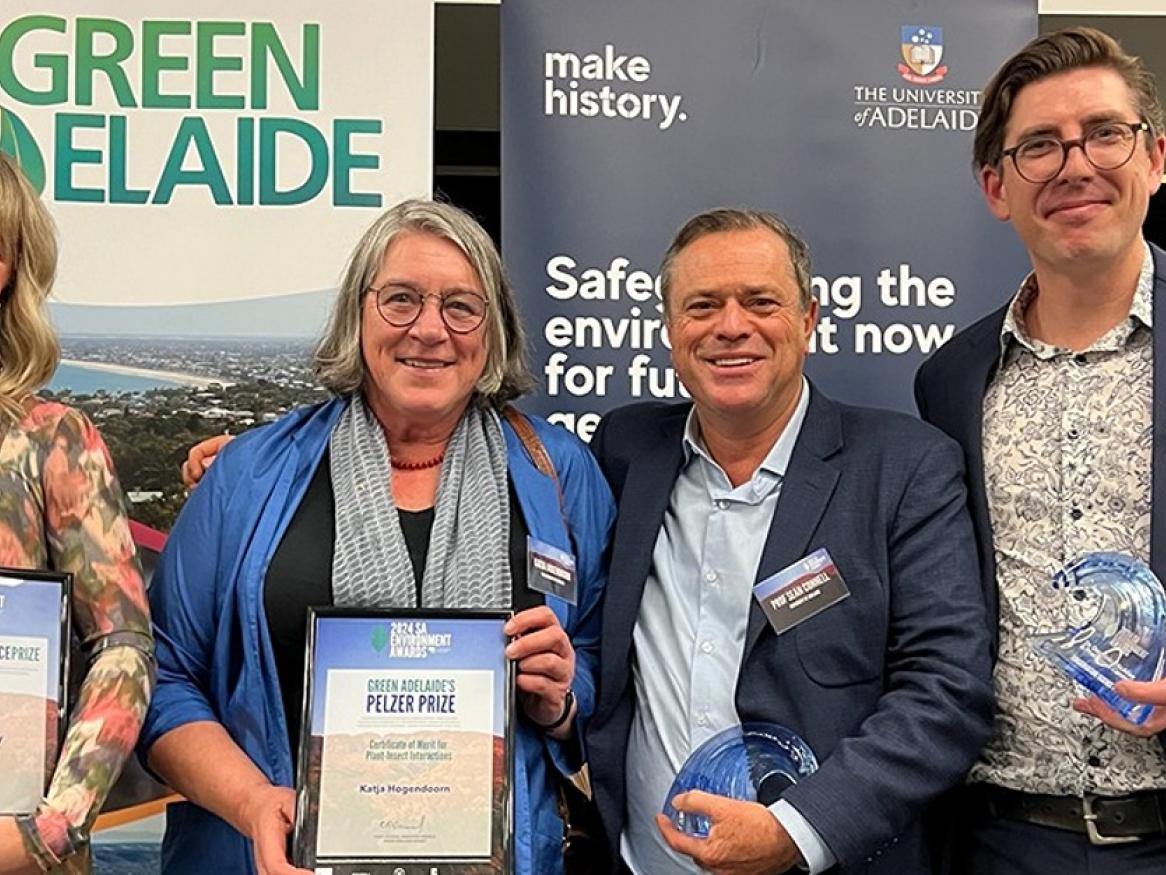
Yesterday, on World Environment Day, we celebrated the 2024 SA Environment Award finalists and winners.
Tropical fish are invading Australian ocean water
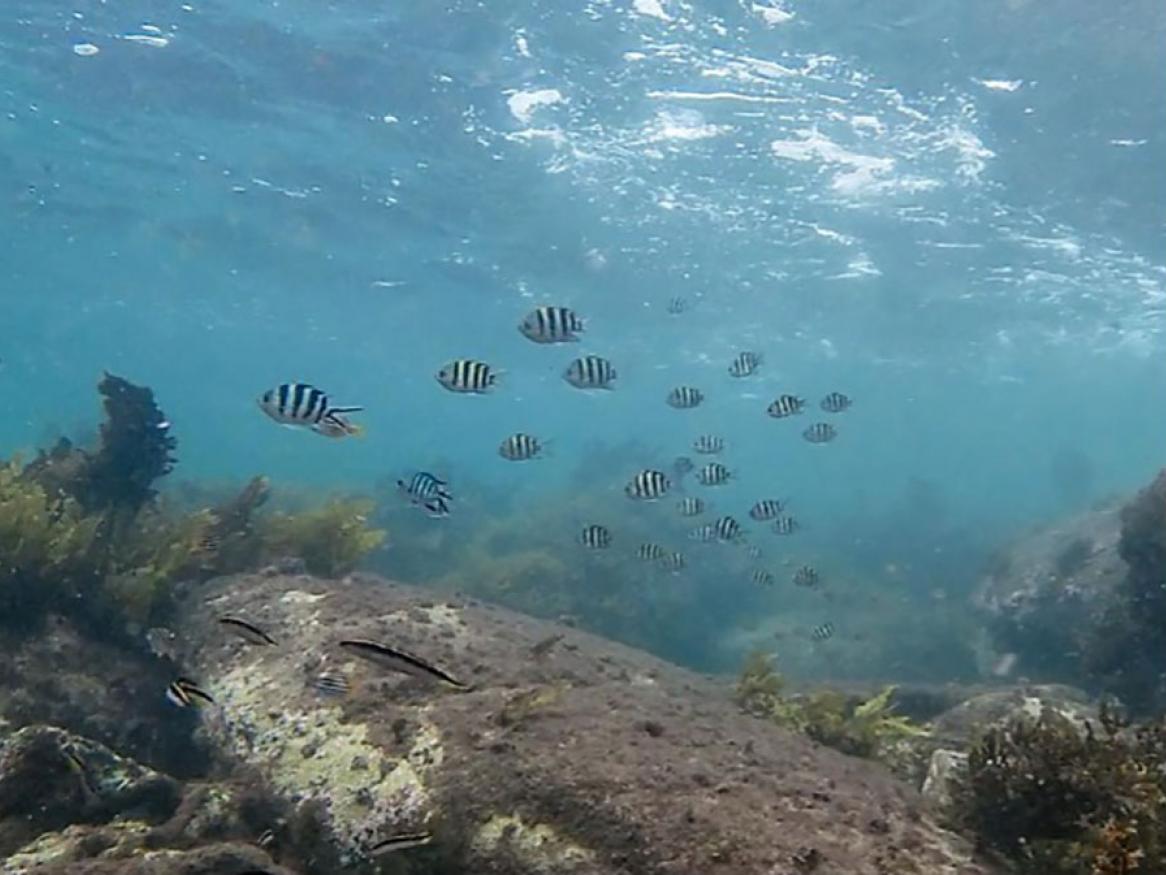
A University of Adelaide study of shallow-water fish communities on rocky reefs in south-eastern Australia has found climate change is helping tropical fish species invade temperate Australian waters.
[Read more about Tropical fish are invading Australian ocean water]
SciStarter Australia is a new home for citizen science

Citizen science platform SciStarter Australia has officially launched on the final day of Global Citizen Science month, creating a one-stop location for citizen science projects seeking volunteers in Australia.
[Read more about SciStarter Australia is a new home for citizen science]
Adelaide is losing 75,000 trees a year. Tree-removal laws must be tightened if we want our cities to be liveable and green

Large areas of concrete and asphalt absorb and radiate heat, creating an “urban heat island effect”. It puts cities at risk of overheating as they are several degrees warmer than surrounding areas.
Heat stress from ocean warming harms octopus vision
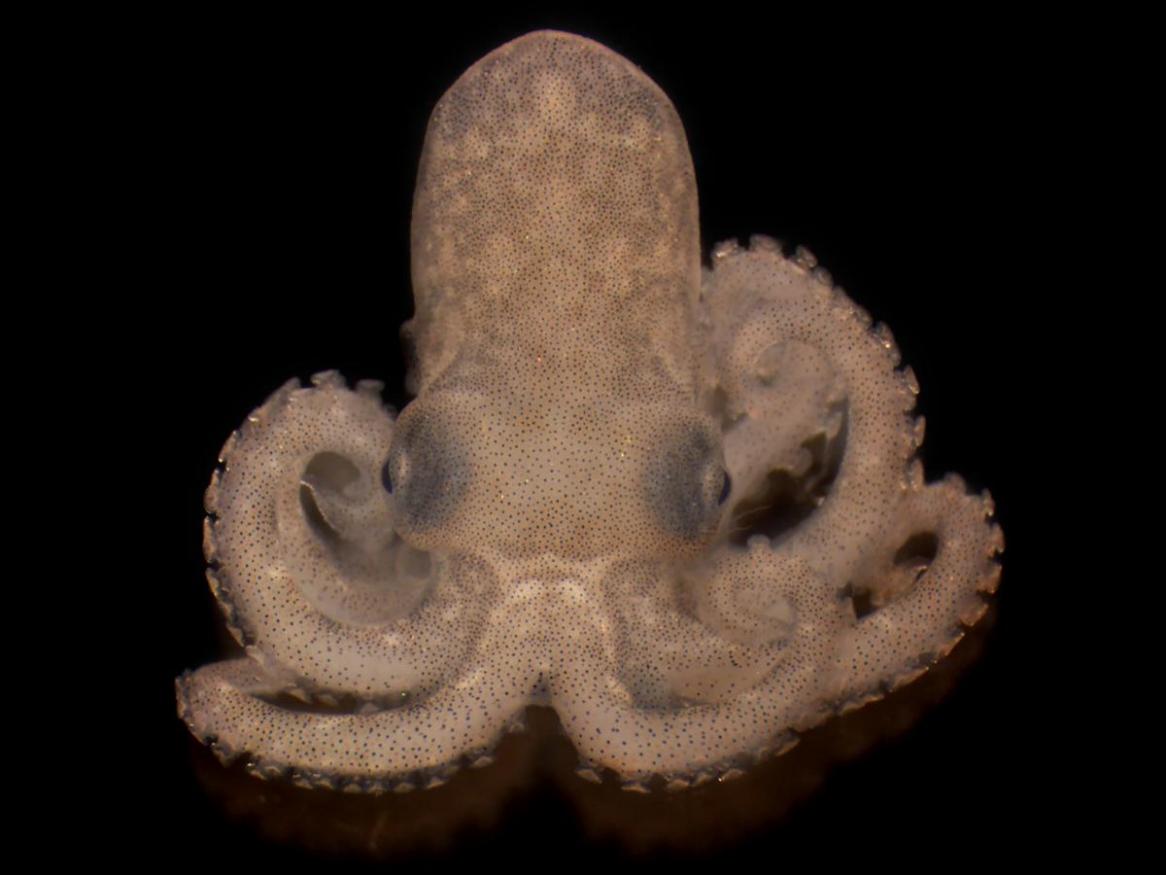
While climate change has led to an increase in the abundance of octopuses, heat stress from projected ocean warming could impair their vision and impact the survivability of the species.
[Read more about Heat stress from ocean warming harms octopus vision]
Exploring ancient DNA for environmental insights
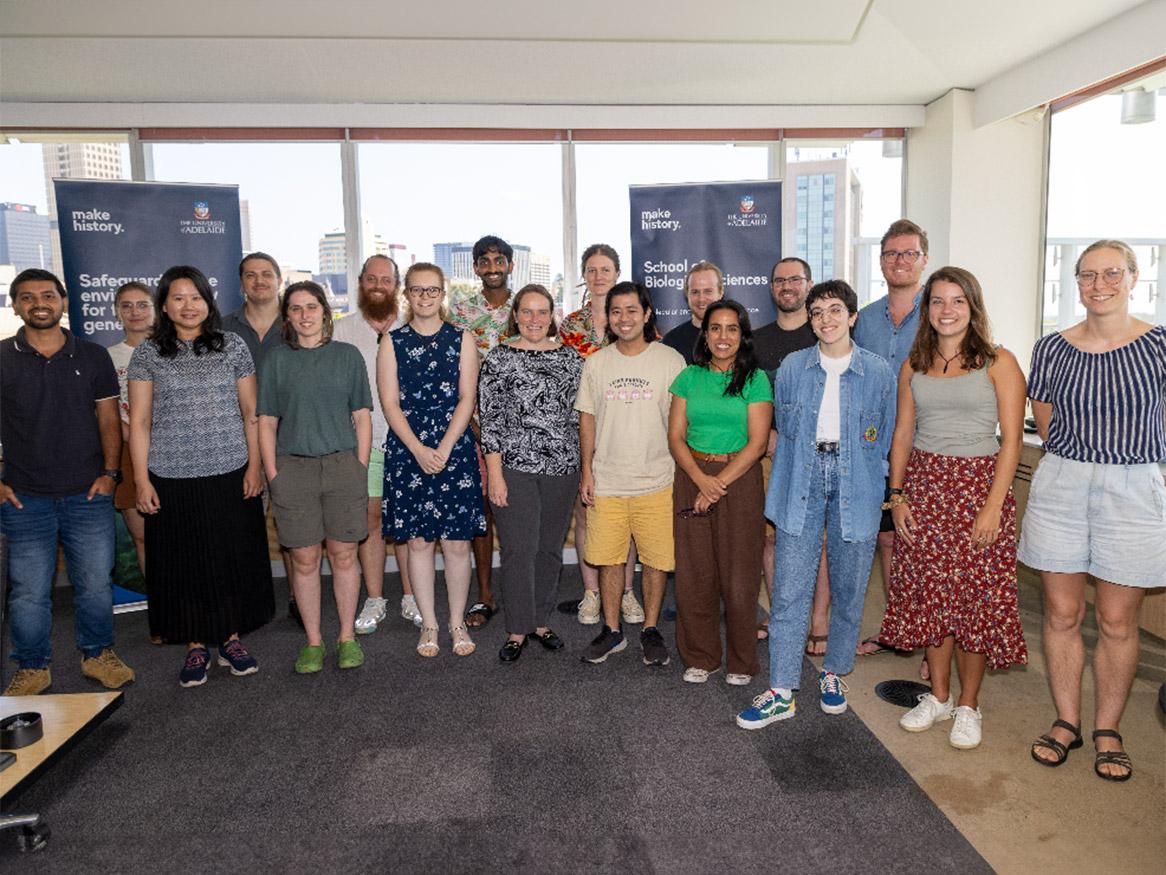
Ancient environmental DNA (aeDNA) has revolutionised the study of ancient environments and the evolution of living things.
[Read more about Exploring ancient DNA for environmental insights]
Wildlife in our homes: Australian reptiles in the global exotic pet market
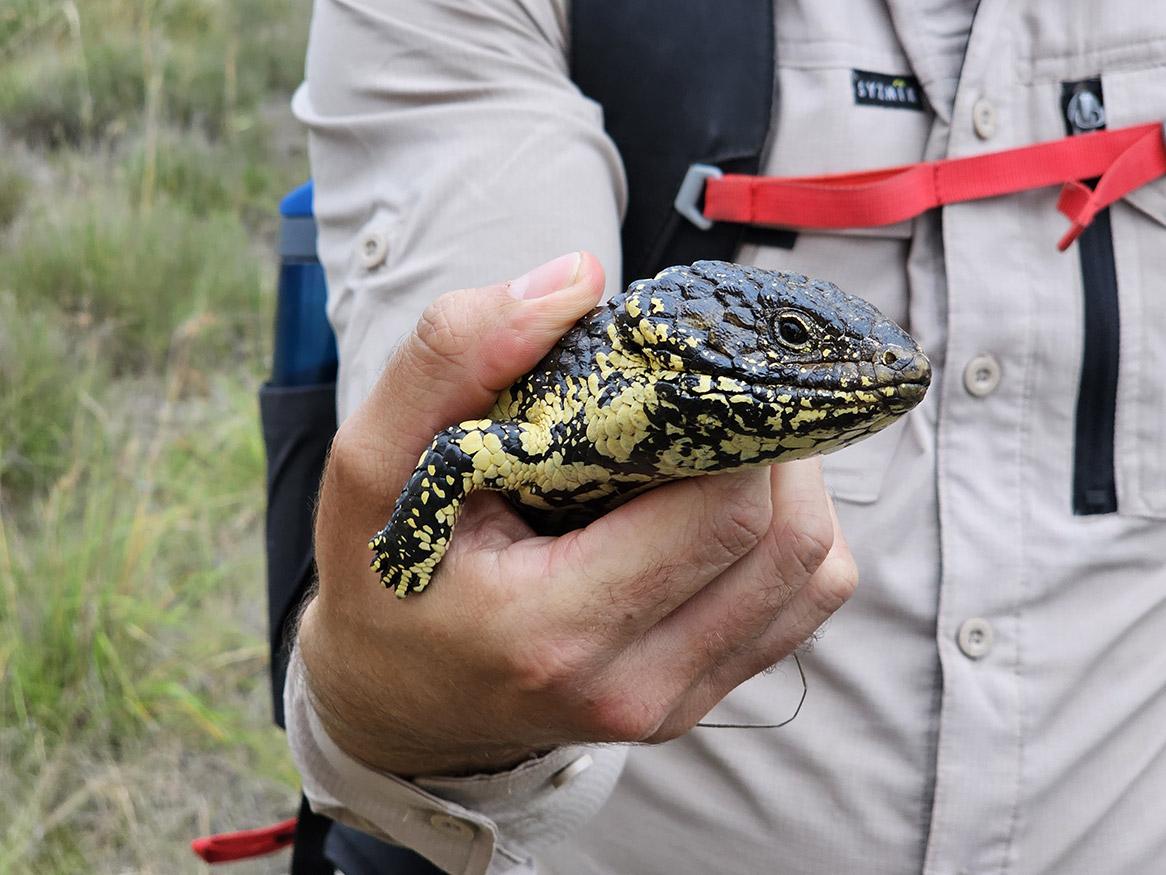
On March 3rd we celebrate World Wildlife Day, and the theme for 2024 is "Connecting People and Planet: Exploring Digital Innovation in Wildlife Conservation."
[Read more about Wildlife in our homes: Australian reptiles in the global exotic pet market]
Rainy day ice age in the global south
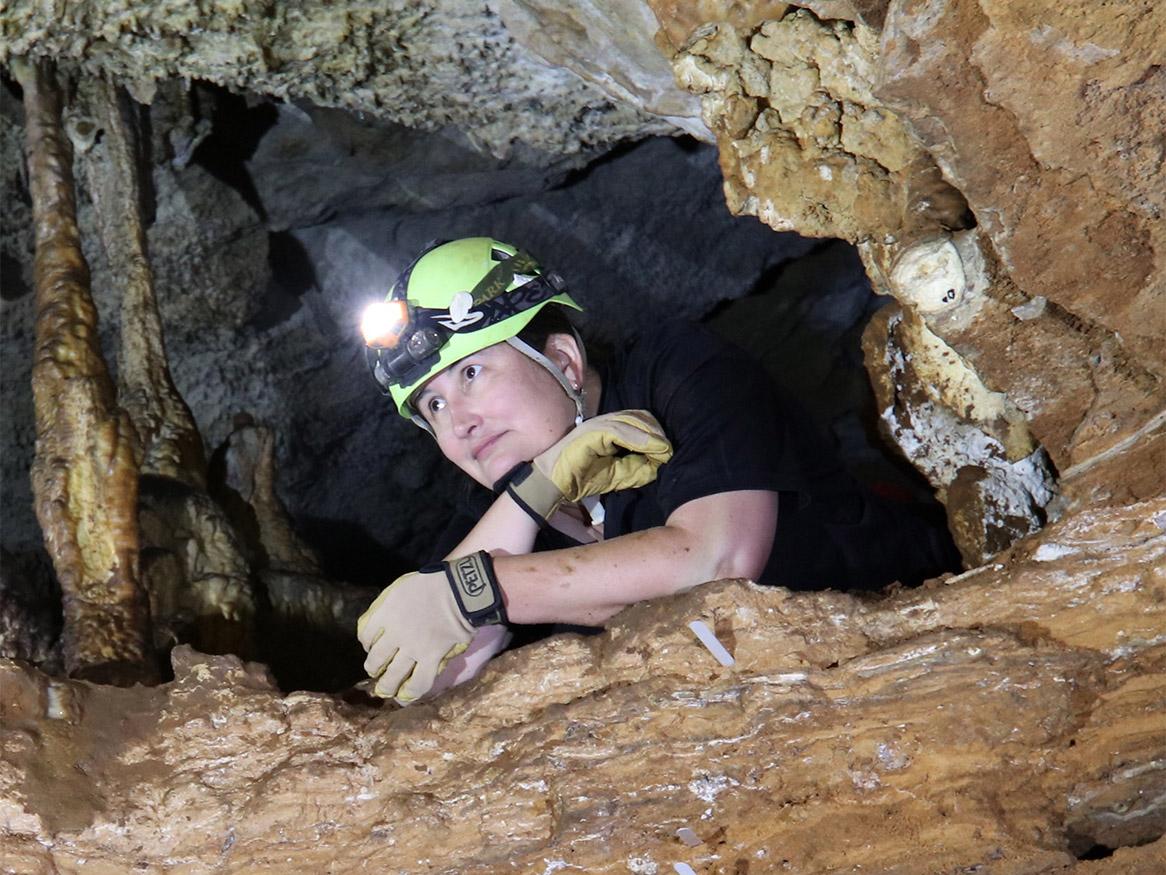
An international study of the mineral deposits in stalactites in South Australia’s Naracoorte Caves, has shed new light on climate conditions in the Southern Hemisphere during ice ages.

Newsletter & social media
Join us for a sensational mix of news, events and research at the Environment Institute. Find out about new initiatives and share with your friends what's happening.
